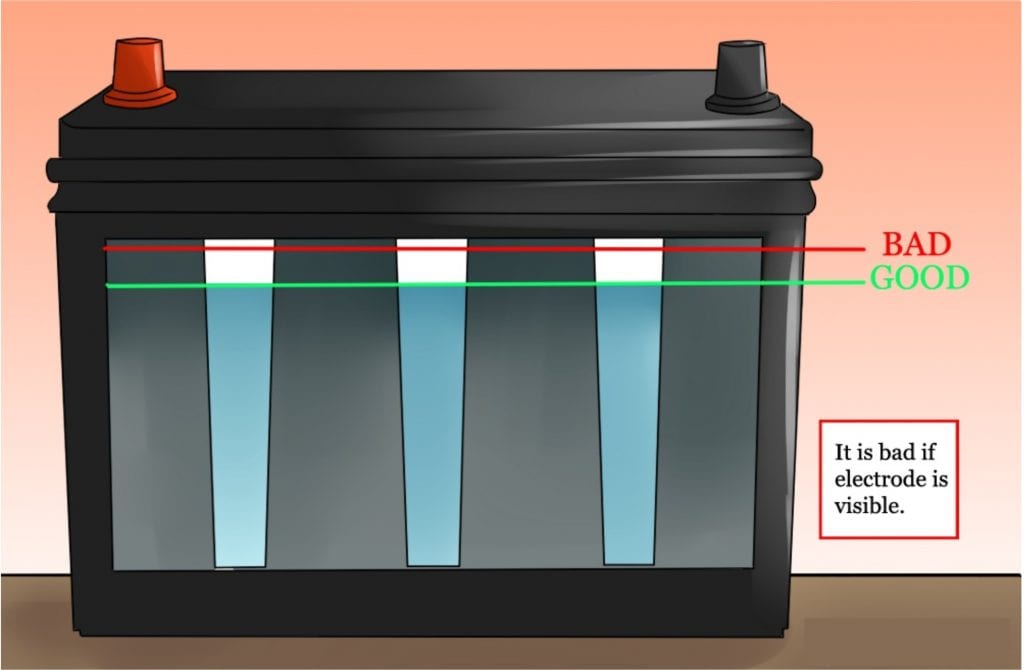Lithium batteries offer several advantages over lead-acid batteries, making them a popular choice for a wide range of applications.
- Energy Density:
- Lithium batteries have a higher energy density than lead-acid batteries. This means they can store more energy in a smaller and lighter package, making them suitable for applications where space and weight are critical factors.
- Weight:
- Lithium batteries are significantly lighter than lead-acid batteries with a comparable energy capacity. This makes them ideal for portable and mobile applications, such as electric vehicles and consumer electronics.
- Cycle Life:
- Lithium batteries typically have a longer cycle life compared to lead-acid batteries. They can undergo a higher number of charge and discharge cycles before experiencing a significant decrease in capacity. This makes them more durable and cost-effective over the long term.
- Charging Efficiency:
- Lithium batteries have higher charging efficiency and can be charged at a faster rate than lead-acid batteries. This is particularly advantageous for applications where quick charging is essential, such as electric vehicles.
- Voltage Stability:
- Lithium batteries maintain a more stable voltage throughout the discharge cycle compared to lead-acid batteries. This provides a more consistent and reliable power supply for electronic devices.
- Size and Form Factor:
- Lithium batteries are available in various shapes and sizes, offering flexibility in design and integration. They can be adapted to fit specific form factors, allowing for more versatile and space-efficient installations.
- Self-Discharge Rate:
- Lithium batteries have a lower self-discharge rate than lead-acid batteries. This means they retain their charge for longer periods when not in use, reducing the need for frequent recharging.
- Maintenance-Free:
- Lithium batteries are maintenance-free, unlike lead-acid batteries that may require periodic maintenance such as checking electrolyte levels and topping up water.
- High Discharge Current:
- Lithium batteries can provide high discharge currents, making them suitable for applications that require a sudden surge of power, such as in electric vehicles and high-performance electronics.
- Environmental Impact:
- Lithium batteries are generally considered more environmentally friendly than lead-acid batteries. They do not contain toxic materials like lead and can be recycled more efficiently.
While lithium batteries offer numerous advantages, it’s essential to consider the specific requirements of the application, cost considerations, and safety factors when choosing between lithium and lead-acid batteries. Each type of battery has its own set of characteristics that may be better suited to different use cases.


